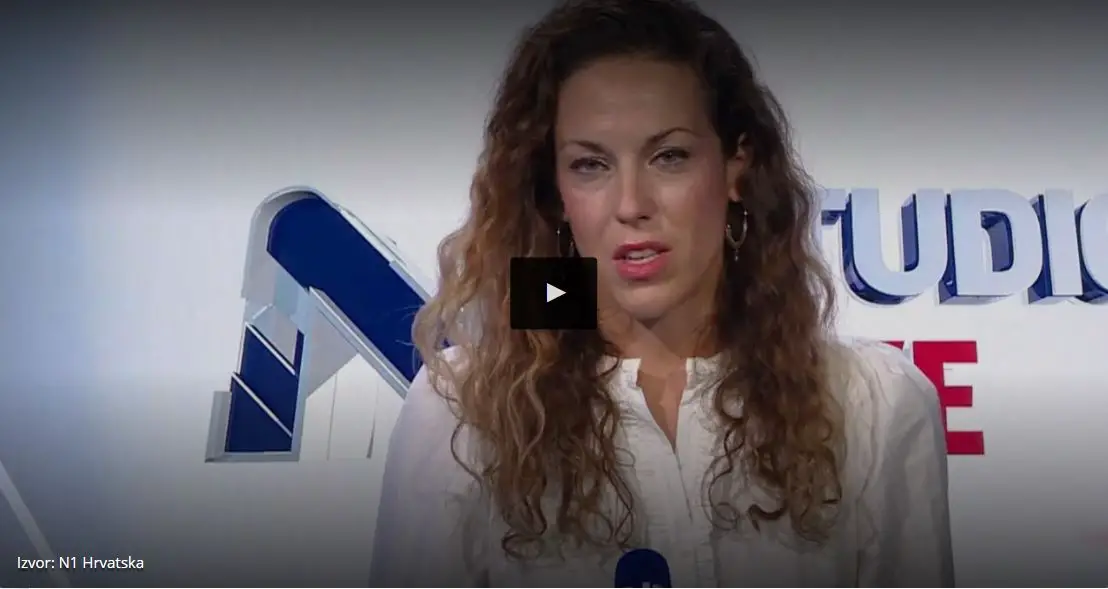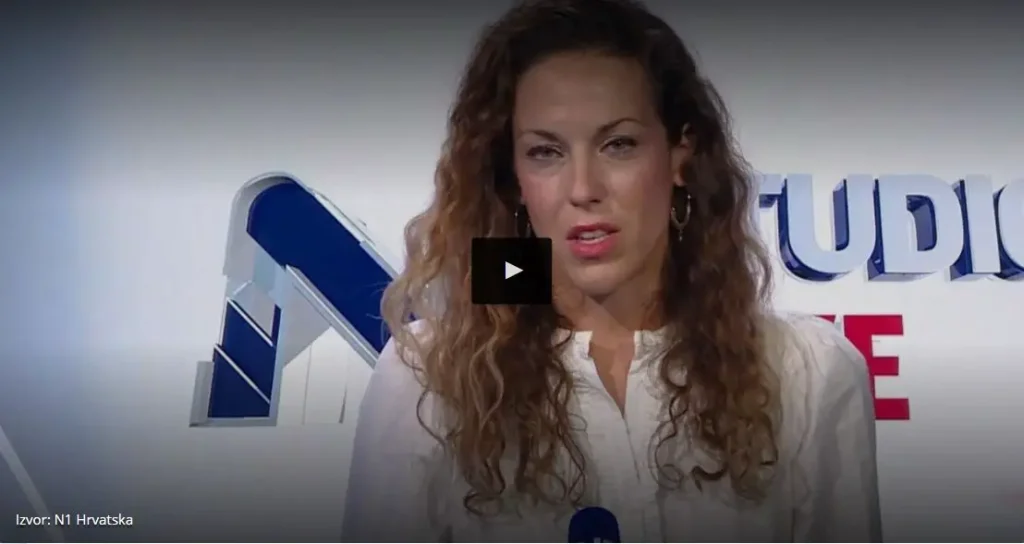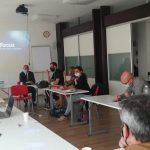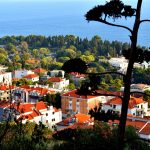
October 29, 2020 – Leading Croatian lawyer Vanja Juric is interviewed on N1 on the subject of hate speech in society.
Vanja Juric, a lawyer who often deals with court cases involving hate speech, explained to N1 the causes of this phenomenon in Croatia, the consequences for society, as well as how society can resist this phenomenon.
Juric said that hate speech as a phenomenon is not the basis of radicalization in society.
“I think a lot more care has to be taken that hate speech is a consequence, not a cause. It is a consequence of the general social climate, frustrations that have accumulated over the years, probably also poverty, insufficient education, etc.,” she said.
Should hate speech be regulated by law?
“Of course it should. Should we insist that the regulation improves if it’s possible? Of course it should. But we need to start from a starting point, from the fact that it is a consequence of the social climate that has been going on for a long time, I would say, and now it is further intensified by the crisis and pandemic, and in parallel, we should discuss laws. Laws and additional legal regulation cannot and must not be the only means in this struggle,” said Vanja Juric.
Given her experience in hate speech trials in the courts, the Newsroom presenter was interested in how difficult it is to prove hate speech in court.
“Hate speech is regulated in different forms in different laws. When we talk about hate speech in criminal law, it can be underlined as a crime of incitement to violence and hatred.
In my experience, according to some of the cases I have been involved in, this is extremely difficult at the moment, because to prove that something constitutes a call to violence and hatred, the direct intent of the perpetrator must be proven. In the case of which I have direct knowledge, it was a very severe hate speech directed at a journalist, the State Attorney’s Office did not initiate proceedings because it found that such speech, although it had elements of hate speech, in that particular case was not intentional, rather it was brought out in affect, under the influence of alcohol, the perpetrator had no intention,” she illustrated with an example from practice.
“Freedom of the media and expression is protected by the Constitution. Hate speech is not covered by freedom of expression, and no Croatian or international act would take it under freedom of speech,” she said.
She added:
“Hate speech can have expressive consequences for freedom of expression.”
To what extent is politics responsible for radicalization in terms of the level of public discourse?
“I would say that politics is very responsible, without any dilemma. For at least 10 years we have been encouraging divisions in society from the political level and for political reasons, and when situations like lately happen, then we wonder where hate speech comes from, where radicalization in society,” Juric said.
She pointed out that politicians are the ones who should show by example what the level of productive communication is:
“Thereby they would accomplish a lot more than with the laws.”
She said that the only right way for civic education is, first and foremost, to sensitize young people:
“As I said that hate speech is not a cause but a consequence, so it is a question of education how we will teach children inclusion, tolerance, and all issues that are important for productive and useful public communication. People should be encouraged to participate in discussions on all important public topics, but one has to know how to do it and I think education is a very correct answer, in addition to all the other means that have to be used.”











